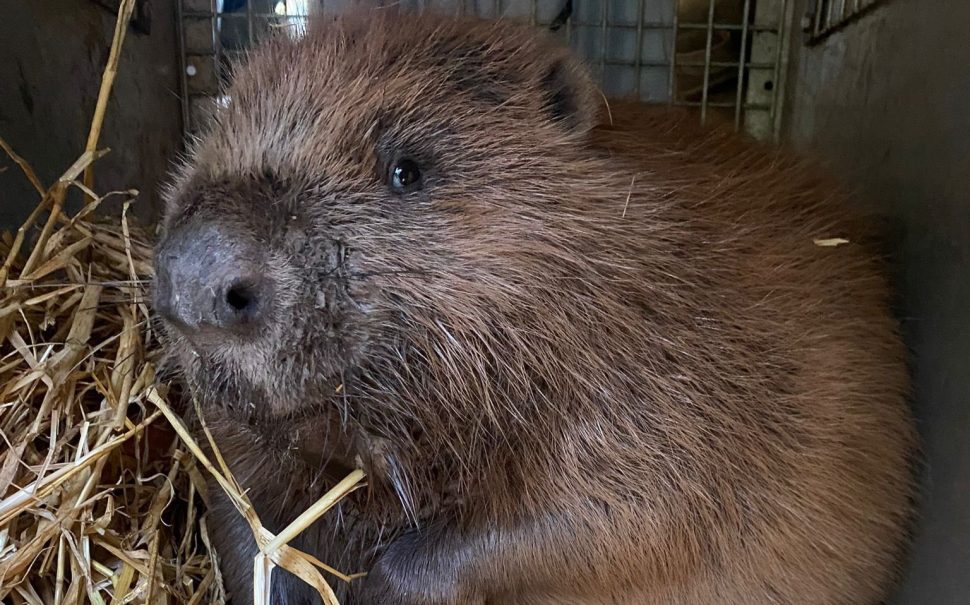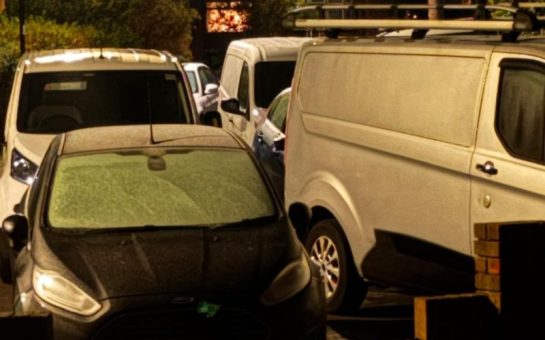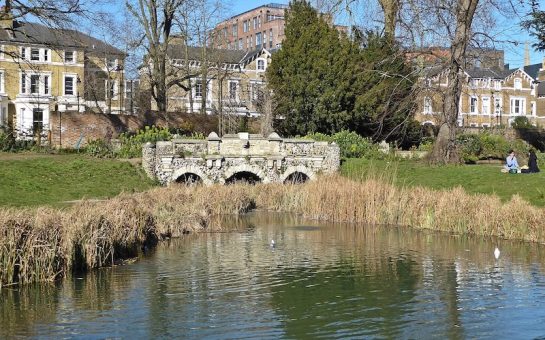Beaver safaris will be introduced in Ealing as the animals are brought in to ‘eco-engineer’ the landscape and reduce flood risks in the autumn.
Two beavers have also been brought to Enfield to replace a pair of males that died in an initial 2022 scheme, it was announced last week.
The Ealing project hopes beaver damming will provide a cheaper alternative to man-made flood defences to protect residential areas and Greenford Tube station.
Chair of the Ealing Wildlife Group Dr Sean McCormack said: “This project is also about rewilding people and showing them the value of living alongside a keystone species.”
The Mayor of London announced last month that the Ealing project will receive support of almost £40,000 from the Rewild London Fund.
Anywhere between two and eight beavers will be brought to Paradise Fields in Ealing which sits on the Capital Ring, a key walking route around London.
As well as controlling water flow, beavers can help increase biodiversity and improve water quality.
Other rewilding schemes across the UK have been in enclosed private areas but Paradise Fields will remain open to the public for exercising and dog walking.
The public will be welcomed to educational ‘beaver safari’ walks and talks once the animals have settled into their new home.
Reintroduction initiatives have found support from local politicians, including Enfield councillor Rick Jewell who hopes that beavers will be an additional tool for climate resistance in the borough.
He said: “The beavers are important in achieving our environmental aims but are a small part of a very big picture.”
Why do we need the dam things?
Beavers were hunted to extinction in the 16th century for their meat, fur and glands in the UK but wild populations are on the rise.
Wild beavers originating from captivity escapes and illegal releases have come as close to London as Medway in Kent.
The London Beaver Working Group was formed to work out what should be done if wild beavers arrive in London, which they believe is inevitable.
The group decided the best preparation would be controlled reintroduction to learn how to co-exist.
The animals will be brought down from the Tayside area of Scotland where beavers have been coming into conflict with farmers in ‘unsuitable habitat’.
McCormack said: “What we’re doing is rehoming a family of beavers that would otherwise probably be shot. It’s either lethal control or translocation.
“The suggestion that beavers are a wilderness species and don’t belong in urban areas is flawed.”
He hopes the project will show how to mitigate some of the localised problems beavers could cause and demonstrate their benefits.
Across European cities including Berlin, there are instances of beavers living close to people.
Some people including fishermen have expressed concern over beaver reintroduction in London but McCormack says this is mostly due to a lack of understanding as beavers are herbivores.
Others have been concerned for the animals’ welfare, wondering whether they will be safe from humans and dogs.
McCormack said beavers tend to put deep water between themselves and predators so it will not be easy to come into close contact with them on the eight-hectare site.
Death is a risk when introducing a new species though, which the Enfield project faced in 2022.
In another project in Plymouth in 2021 a beaver escaped in a flood and was killed on a road.
The Ealing project will try to eliminate some risks by using a self-closing double gate system to prevent beavers from getting out.
Success in Kent
Elsewhere in the UK, beavers were reintroduced in east Kent in 2003 where they have since helped with water management.
Kent Wildlife Trust’s Director of Conservation Paul Hadaway said: “The climate and nature crises are joint. That’s a scary realisation but the positive thing is that the solutions are also joint.”
The trust also has schemes reintroducing bison, Exmoor ponies, Iron-Age pigs and Longhorn cattle.
According to Hadaway, many of the people advocating for beavers are part of the story, with landowners and farmers having seen the benefits they can bring.
He added: “We go on a rollercoaster or sit through horror films to feel the thrill that came from evolving around great animals.
“We’ve lost that visceral connection, people need to engage with nature.”
Kent Wildlife is aiming to reduce human intervention across its sites to increase climate resilience.
They hope this will help achieve the 30 x 30 target of COP 2023 to have more than 30% of land in naturally functioning ecosystems by 2030.
The Ealing Wildlife Group hosted a Q and A session with Megan McCubbin from BBC’s Spring Watch on Monday to share more about the project which can be watched back below or here.
Featured image credit: Dr Roisin Campbell





Join the discussion